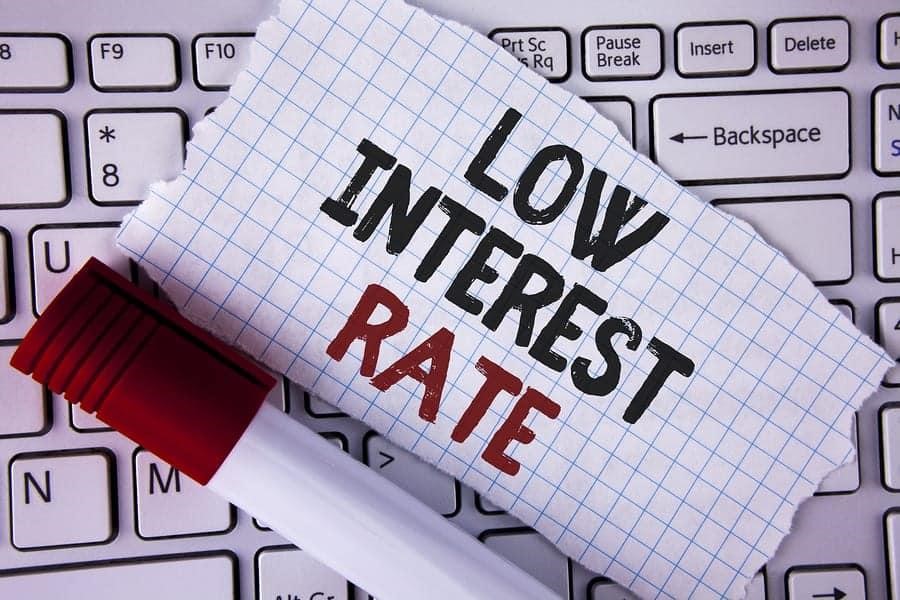The effects of Covid 19 on the global economy has been apparent for all to see. The onset of the pandemic forced government shutdowns of various sectors of the economy as they tried to combat the virus’s spread. One year later, it’s becoming apparent that the virus isn’t going anywhere soon. Still, unlike the first encounter, now governments are better prepared thanks to various vaccines that have been developed. Economies have opened up, and things are slowly going back to normal. At least people are learning to live with the virus.

Many individuals lost their income source due to the pandemic and had to find alternative ways to make a living. Confined in their homes due to nationwide lockdowns, some individuals sought to invest in Bitcoin and other digital assets to make ends meet. One didn’t necessarily have to visit a cryptocurrency exchange to buy the asset and then store it in a wallet since this is a complicated process for a beginner. But, they could visit platforms such as PrimeXBT that allow the user to trade CFDs associated with Bitcoin and other top crypto coins and earn from the endeavor.
Unlike typical exchanges, on PrimeXBT, users don’t have to worry about handing the actual digital asset — a somewhat complex process. They deal with derivatives of the asset where their capital gets a boost, increasing their exposure within a given market. Consequently, this raises the potential returns.
Lower Interest Rates?
With economies having suffered dearly over the past year due to shutdowns and other interruptions caused by the virus, the biggest question remains if policymakers will keep interest rates low to help various industries recover from the Covid19 effects. This seems to be the case with some policymakers. The Federal Reserve is bent on keeping interest rates low as it tries to keep a balance between allowing fast growth and rising prices to restore some of the more than 9 million missing jobs due to the coronavirus pandemic.
Jerome Powell, the Fed Chair since 2018, has made it clear that he wants to see more people go back to work. Now analysts expect the Fed policy-setting arm, the Federal Open Market Committee (FOMC), to go along with its dovish stance of lowering interest rates when it holds its two-day policy meeting in the next week.
In the coming days, Powell is expected to reiterate his stance that the Fed is ready to accept higher inflation for now, given the circumstances as long as it guarantees full employment. It’s a goal that has taken over a decade to achieve after the global financial meltdown back in 2008.
Speaking to AFP, Robert Frick of Navy Federal Credit Union noted that “I think it’s ‘markets be damned’ at this point. The Fed has said that until there is real improvement in employment and in the economy, they’re not going to budge.” Before emphasizing that “I really don’t think they’re going to waver.”
Before the pandemic, the unemployment rate stood at an all-time low of 3.5% over the past 50 years. But the onset of the virus plus the resulting economic shutdowns saw millions sent home. The high unemployment rate did reside to around 6.2% as of February after the lockdowns were lifted and businesses reopened.
Higher Inflation?
The world’s largest economy is on pace to recover following the successful vaccine rollout and the $1.9 trillion stimulus package signed by president Joe Biden. However, not everyone is excited about these developments, as some investors are nervous about an inflation spiral breaking out. This is visible with the spike in government debt yields, especially the 10-year-old Treasury notes. While many don’t expect to see a jump back to the early 2020 level, which could be perceived as a market freak out, there are some real repercussions of rising Treasury yields since things such as car loans and home mortgages are linked to them.
According to Kathy Bostjancic of Oxford Economics, mortgage rates are on the up, which is likely to price some potential buyers from an already hot housing market. At the same time, existing homeowners will find it challenging to refinance their loans.
She goes on to add that “The reopening economy is going to be turbocharged by this $1.9 trillion fiscal stimulus, so there’s no doubt inflation will rise.”




